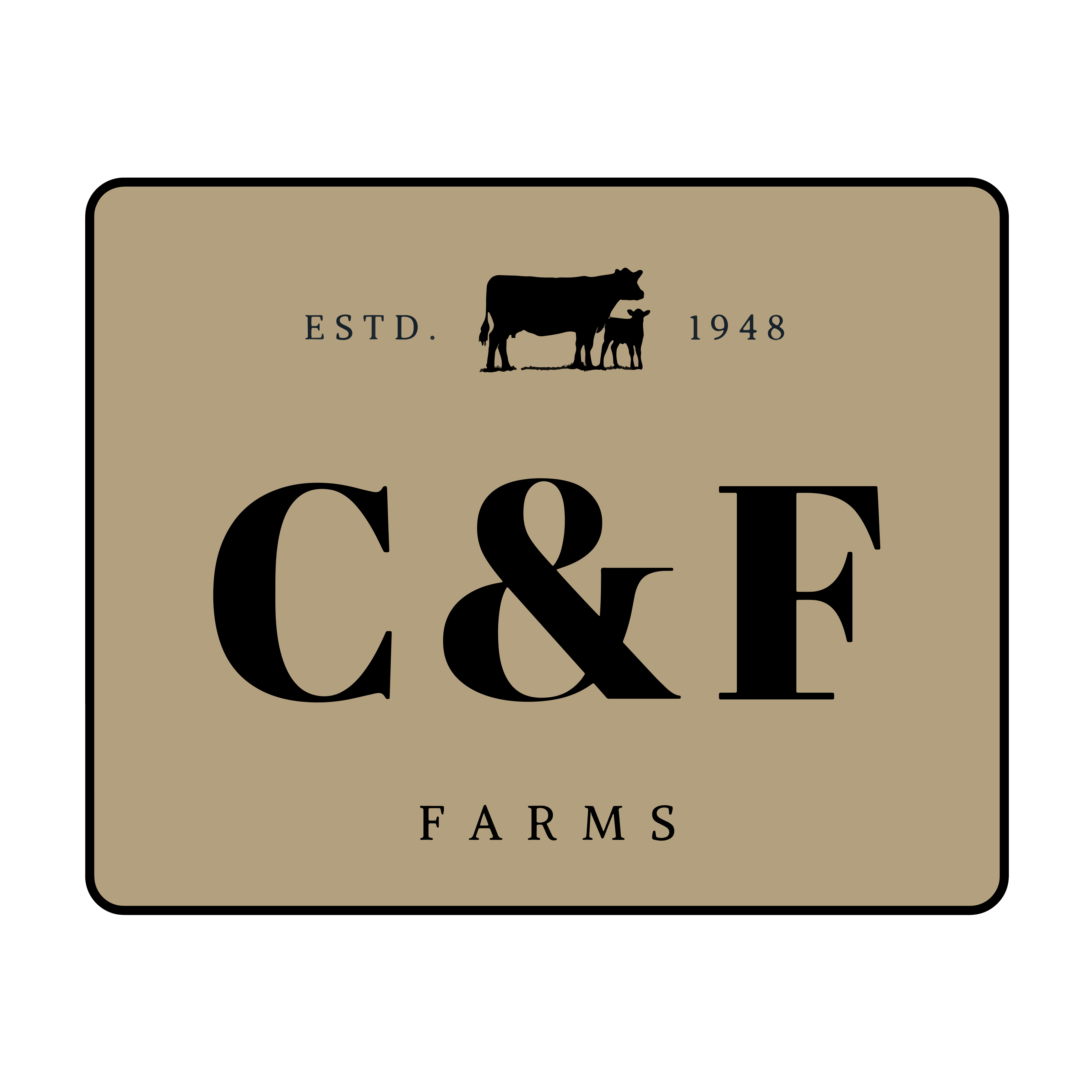Why Pork Deserves a Place on Your Plate
posted on
October 15, 2025
Why Pork Deserves More Respect
Pork’s gotten a bit of a bad rap over the years. Somewhere along the way, it went from being the centerpiece of the dinner table to the “questionable” meat — the one people talk around instead of about. But the truth is, real pork, raised right, is one of the most nourishing, versatile, and downright delicious foods you can eat.
If you’ve only ever had grocery store pork, it’s easy to see how the misunderstanding happened. Commercial pork — pale, bland, and watery — doesn’t even resemble what pork was meant to be. The difference isn’t just taste. It’s nutrition, animal welfare, and soil health, too.
Let’s set the record straight.
Pork Is Packed With Nutrients
Pork is one of the best natural sources of:
- B Vitamins (especially B1, B6, and B12) — for energy, brain health, and metabolism
- Zinc — for immune function and hormone support
- Selenium — a key antioxidant that helps protect your cells
- Iron and Phosphorus — essential for strong blood and bones
And if you choose lean cuts like tenderloin or loin chops, pork is every bit as lean as chicken breast — with more flavor and satisfaction per bite.
What Makes Pasture-Raised Pork Healthier
Here’s where the story changes.
Pigs raised in confinement — on concrete, under fluorescent lights, eating corn and soy feed — simply can’t produce the same quality meat as pigs raised on pasture.
Our pigs live outside, rotating through fields and woods, foraging for roots, acorns, grass, and grubs. They get sunshine, fresh air, and exercise. The result?
- Higher levels of omega-3 fats and vitamin D
- A better omega-6 to omega-3 ratio (important for heart and brain health)
- Naturally richer color and deeper flavor
- Less stress, which means better meat texture and nutrient retention
And all that rooting and turning of the soil? That’s regenerative farming in action — pigs being pigs, building healthier pastures as they go.
The Truth About Lard
Remember when Grandma cooked everything in lard? Turns out, she was onto something.
Lard from pasture-raised pigs is high in monounsaturated fat (like olive oil) and naturally stable at high heat, making it one of the best fats you can cook with. It’s free of the highly processed seed oils that dominate modern diets — and it actually helps absorb fat-soluble vitamins like A, D, E, and K.
The fear of “fat” in general came from bad science, not bad pork.
Our Approach: Pork That Does Better
At C&F Farms, our pigs are part of the bigger picture. They help us build soil fertility, reduce waste, and restore balance to our land. They live well, they eat well, and that shows in every bite of pork that comes off our farm.
You can taste the difference — and more importantly, you can feel good about it.
So, if you’ve been sticking to chicken and beef thinking pork’s not as “healthy,” it’s time to reconsider. The way we see it, pork deserves its rightful place back at the table — and once you’ve tried pasture-raised pork, you’ll wonder why it ever left.
Try It for Yourself
Looking to add pork back into your rotation?
Start simple: a skillet-seared pork chop, a slow-cooked shoulder roast, or our breakfast sausage on a lazy Sunday morning. You’ll see exactly what we mean.



